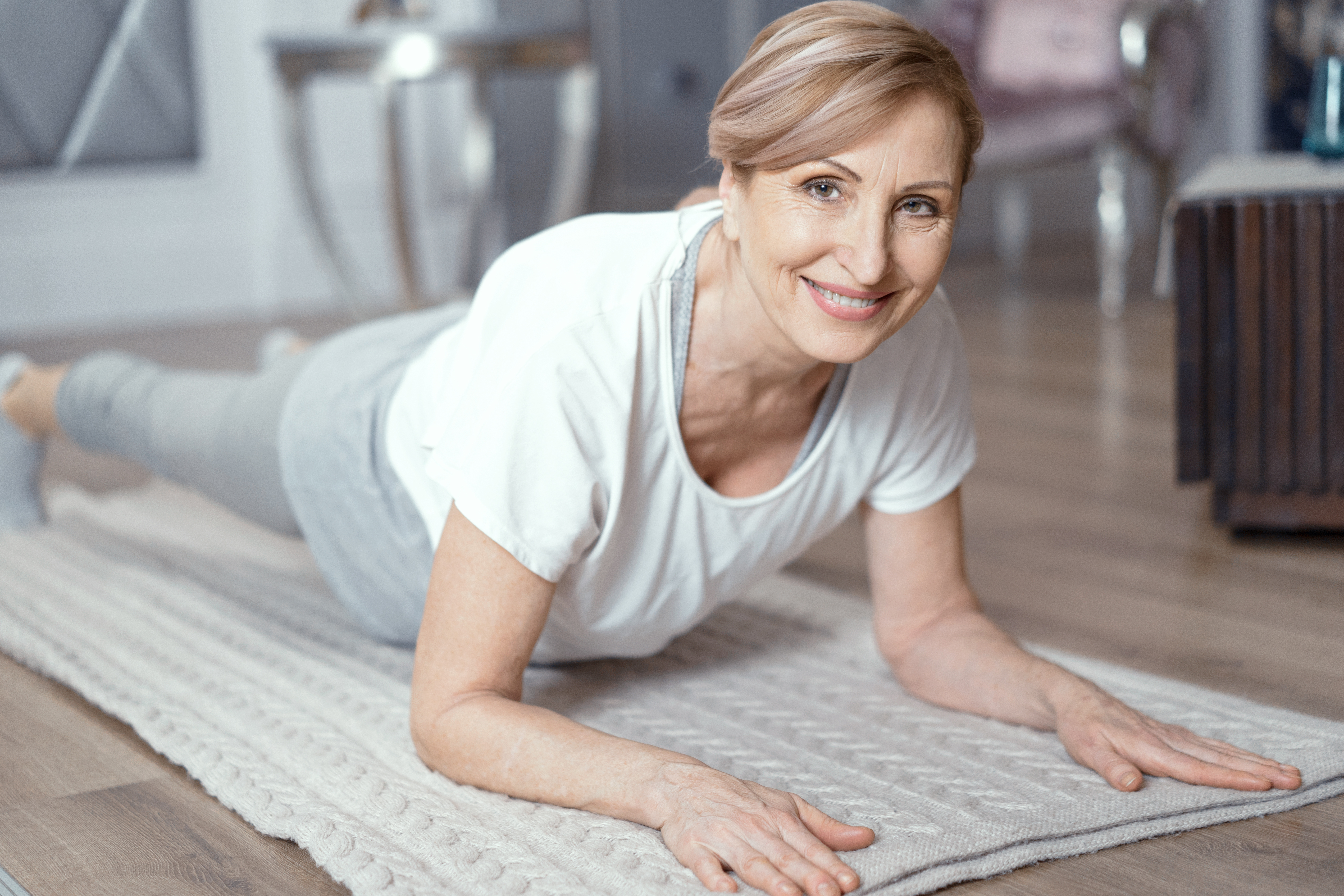
If you have breathing issues, you know about the struggles of simply going about your normal daily routine – never mind exercising or working out. But establishing an exercise routine can improve how well your body uses oxygen. Exercising can’t reverse lung damage, but it can make living with breathing issues a little bit easier and give you extra energy. Exercise helps your body use oxygen more efficiently and, with time, can improve your breathing.
A study published in the journal Breathe (clinical educational publication from the European Respiratory Society) found that exercise training as part of a comprehensive pulmonary rehabilitation programme, can make a profound difference in the lives of patients with COPD. Indeed, exercise training reduces daily symptoms of dyspnoea and fatigue, improves physical fitness, reduces symptoms of anxiety/depression and improves quality of life in patients with COPD.
The British Lung Foundation also states that being active improves:
• the strength of your breathing muscles, heart and circulation
• the strength of your arm and leg muscles
• the strength of your bones
• your ability to resist infections
• your flexibility and joint mobility
• your energy levels
• your wellbeing and confidence
and reduces:
• anxiety or depression
• stress levels and blood pressure
• risk of falling (by improving your balance)
• the risk of developing other health problems such as heart disease, stroke, diabetes, osteoarthritis, dementia and some cancers
Many people find it surprising, but getting breathless when you’re active is good for you! Being active strengthens your muscles and increases your fitness. According to The British Lung Foundaton, if you avoid activities that make you breathless, your muscles become weaker. Weaker muscles need more oxygen to work. Over time you feel more and more breathless. This is called the vicious cycle of inactivity.
EASY EXERCISES YOU SHOULD TRY IF YOU HAVE BREATHING ISSUES
If you start any exercise or workout routine, start slowly. Stretch and warm up beforehand. Some easy exercises you can try are: walking, light/slow jogging, swimming, bike riding, low impact aerobics, beginners yoga, resistance training
WHY SUPPLEMENTAL OXYGEN CAN HELP DURING EXERCISE
For decades, athletes from many sports have used supplemental oxygen for energy, recovery and performance benefits. When you exercise or work out, your body can benefit from supplemental oxygen to help provide energy to your brain, muscles, organs and tissues.
Boost Oxygen is 95% pure oxygen for all-natural and healthy respiratory support. You can use bottled water to stay hydrated, but Boost Oxygen can keep you oxygenated when you exercise. Our canisters are also lightweight and portable, meaning you can take them anywhere during any workout routine.
Boost Oxygen is not a substitute for individuals who have been prescribed medical oxygen for health reasons. Boost Oxygen is intended for non-medical use. Oxygen therapies that are prescribed by a doctor to treat medical conditions are defined as 99.2% (or above) pure oxygen. Boost Oxygen is 95% pure. Although both are produced in a similar manner, Boost Oxygen is designed for people looking to experience the benefits of purified oxygen in the different facets of their life – including exercise and working out!